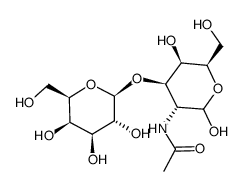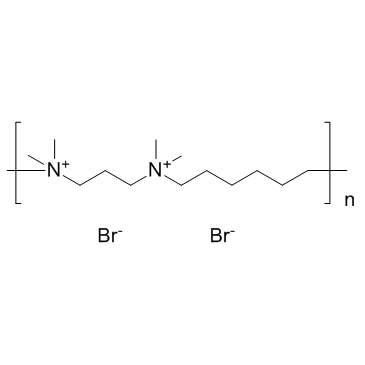| Structure | Name/CAS No. | Articles |
|---|---|---|
 |
Ethidium bromide
CAS:1239-45-8 |
|
 |
Galβ(1-3)GalNAc
CAS:20972-29-6 |
|
 |
Hexadimethrine bromide
CAS:28728-55-4 |